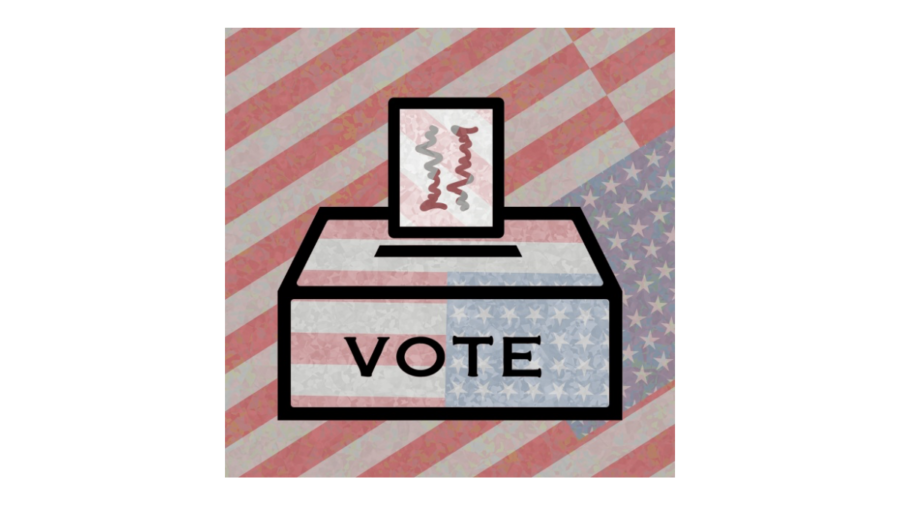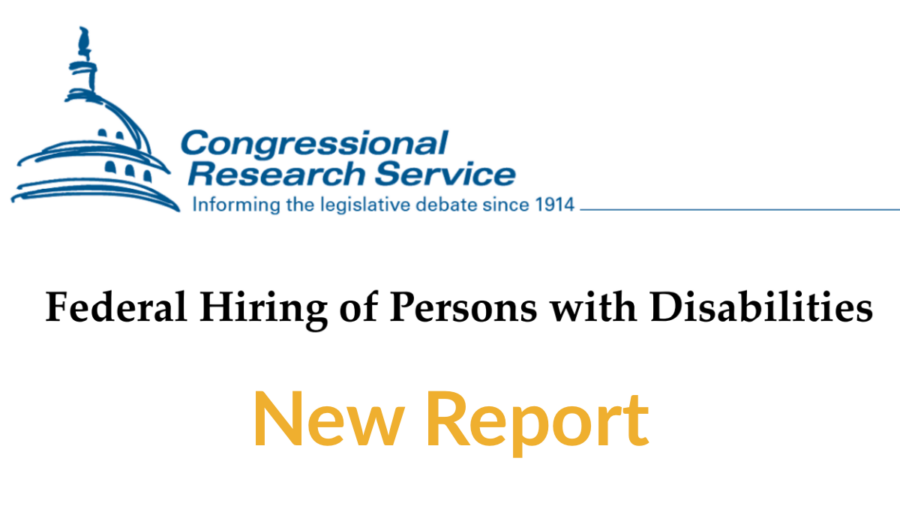 After grappling with a lot of diversity, equity, and inclusion issues throughout the past few years, the Hollywood Foreign Press Association’s Golden Globes will return to television this Tuesday, January 10, 2023. While the majority of films and television shows do not include any disability inclusion, it is important to note that several disability-inclusive films and television series have been nominated.
After grappling with a lot of diversity, equity, and inclusion issues throughout the past few years, the Hollywood Foreign Press Association’s Golden Globes will return to television this Tuesday, January 10, 2023. While the majority of films and television shows do not include any disability inclusion, it is important to note that several disability-inclusive films and television series have been nominated.
One-in-four adults having a disability in the U.S. today, but the lack of representation – just 3.5 percent of characters on TV and 2.3 percent on film – means that millions of people are unable to see themselves in media today. This makes it so important that several of the nominations this year feature disabled individuals.
 Of all the Best Picture nominees, “Everything Everywhere All at Once” is the only film to include disability in the plot. Evelyn Wang, played by Michelle Yeoh, was confirmed by Daniel Kwan, one-half of the writer/director team “Daniels,” to have undiagnosed ADHD. Kwan set out to write a lead character with undiagnosed ADHD, which he felt would add to the external and internal chaos in the film. Through his research of ADHD traits, Kwan felt a sense of familiarity and ended up getting diagnosed with ADHD himself. [continue reading…]
Of all the Best Picture nominees, “Everything Everywhere All at Once” is the only film to include disability in the plot. Evelyn Wang, played by Michelle Yeoh, was confirmed by Daniel Kwan, one-half of the writer/director team “Daniels,” to have undiagnosed ADHD. Kwan set out to write a lead character with undiagnosed ADHD, which he felt would add to the external and internal chaos in the film. Through his research of ADHD traits, Kwan felt a sense of familiarity and ended up getting diagnosed with ADHD himself. [continue reading…]



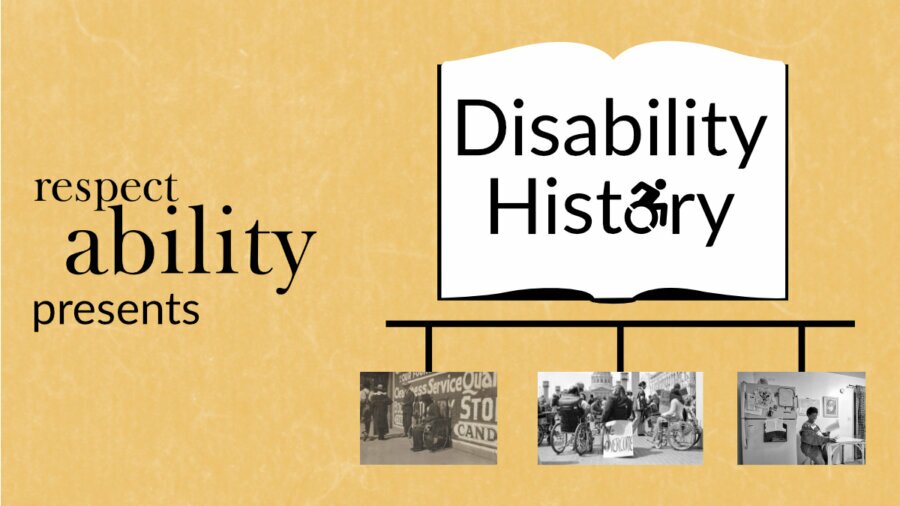




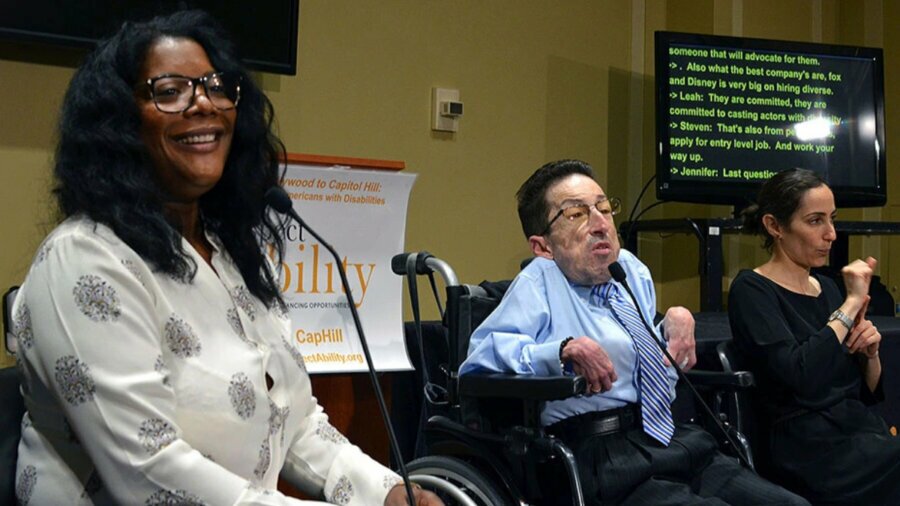
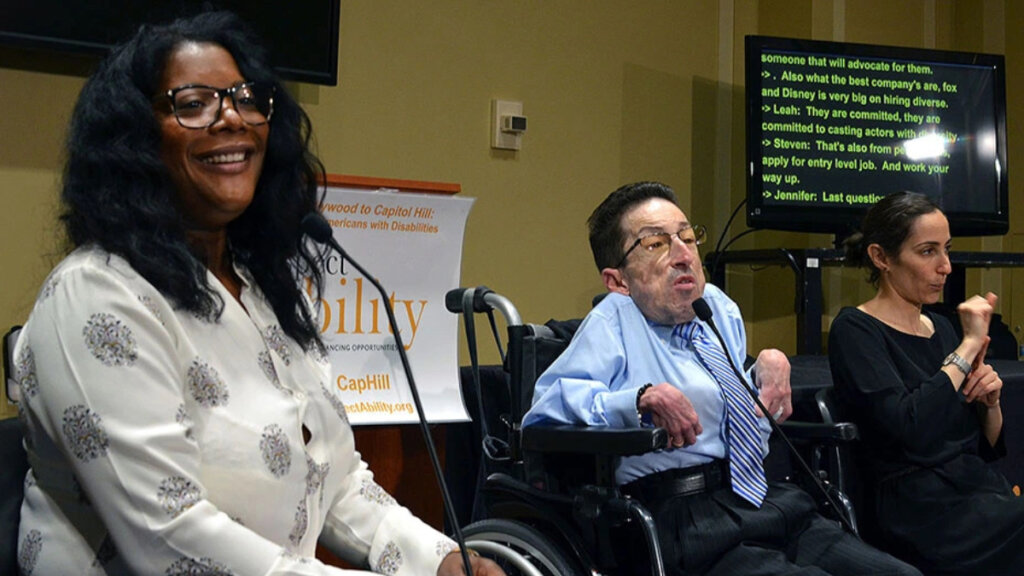


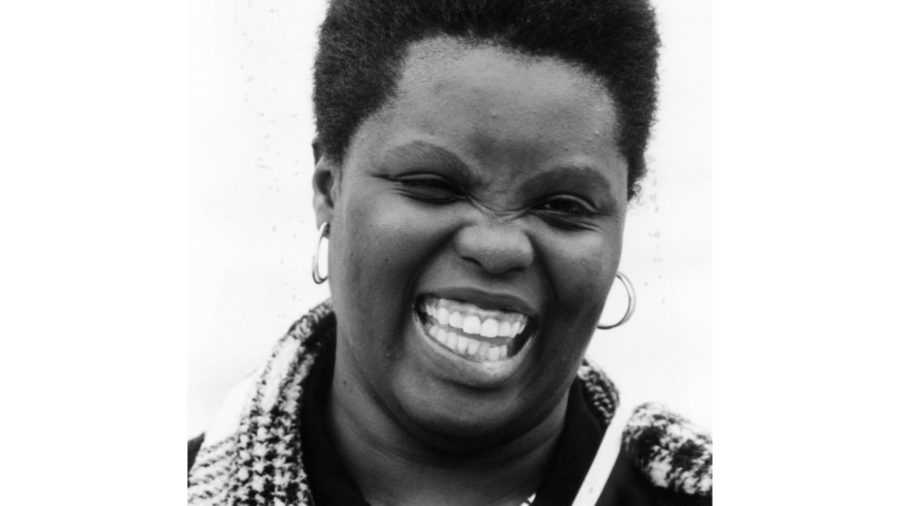
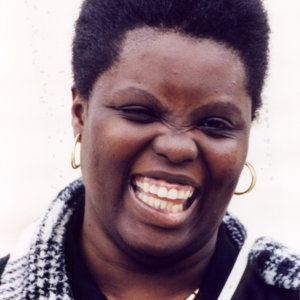 Lois Curtis had been diagnosed with schizophrenia and developmental disabilities as a young woman, and by her late 20s she had spent more than half her life in state institutions. Isolated and angry, she chain-smoked to pass the time and prayed to God at night, asking to be rescued from the Georgia Regional Hospital in Atlanta.
Lois Curtis had been diagnosed with schizophrenia and developmental disabilities as a young woman, and by her late 20s she had spent more than half her life in state institutions. Isolated and angry, she chain-smoked to pass the time and prayed to God at night, asking to be rescued from the Georgia Regional Hospital in Atlanta.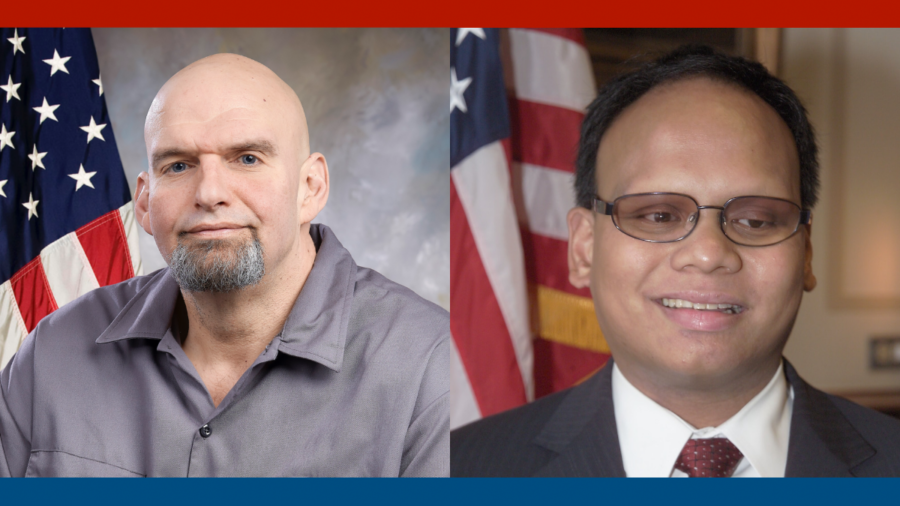
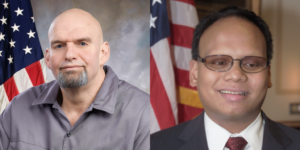 While government roles
While government roles 